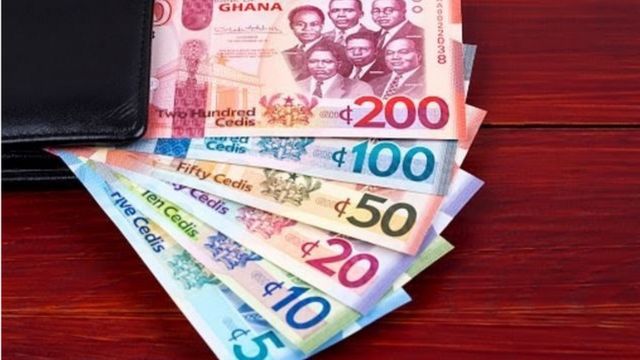- House GOP chairman demands FEMA accountability for Hurricane Helene after flooding claims more than 200 lives
- Trees' own beneficial microbiome could lead to discovery of new treatments to fight citrus greening disease
- Limestone and iron reveal puzzling extreme rain in Western Australia 100,000 years ago
- Fed rate cuts should favor preferred stocks, Virtus money manager says
- Unique IDs for individual (digital) specimens from natural history museums streamline and future-proof science
What do you believe is the single most important factor driving up the cost of living in Nigeria?

Are treasury bills being sold undercover at skyhigh rates?
Low and ominous rumblings are vibrating up and down banking halls in Ghana. There is some kind of gig going on with treasury bills that smells a bit off.
Many of us casual observers of the financial scene only know of three types of treasury bills: 91-day, 182-day & 1-year. We also know that the more the number of days in the description, the higher the interest rate.
We may not know what "duration risk" means or why the longer we hold an instrument the higher the chance that interest rates will go up and make our choice to have bought a t-bill months ago look less wise. But we do intuitively grasp that if the govt wants to hold our money for longer, it must pay us more.
Hence, when in early 2023 the Ghanaian government introduced 3 new t-bills, they didn't bother to inform us and we also didn't care much. The government's sale of more than 2.4 billion GHS of these new 35-day, 49-day, and 77-day bills seemed like a drop in the ocean given the vast amounts of money it has been borrowing of late. No biggie.
But among investment professionals, a few eyebrows were raised. The introduction of these new tenors came at a time when government finances were in a particularly bad shape. This was the period when the detested "debt exchange" was underway, and haircuts were in the air. A government issuing debt for 35 days seemed like desperation territory.

- October 4, 2024
EUR/USD Hits Three-Week Low Amid ECB Easing Expectations

- October 6, 2024
CBN introduces electronic matching system for FX transaction



- October 4, 2024
ALTAGAS TO ISSUE THIRD QUARTER 2024 RESULTS



- October 5, 2024
Mortgage rates spike after stronger-than-expected jobs report
Subscribe to our mailing list to get the new updates!

Subscribe our newsletter to stay updated
Thank you for subscribing!





